A volcano in Iceland has erupted yet again, for the sixth time in months after lying dormant for more than 800 years.
Since December, this volcano has repeatedly erupted, and it has often caused devastation to the nearby town of Grindavik. However, experts are hoping that this latest eruption may not be as devastating and dangerous and previous ones.
A Dormant Volcano
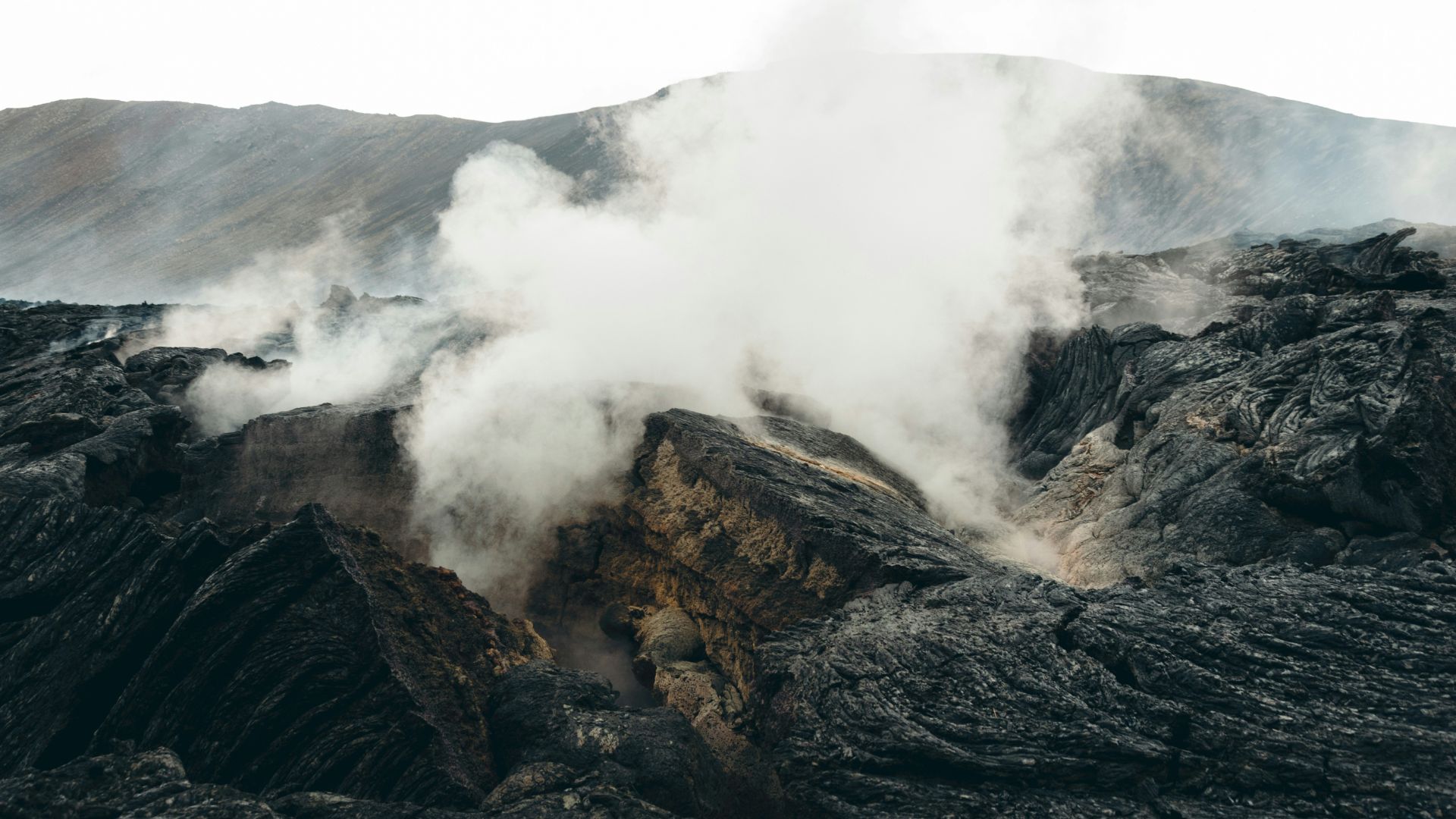
Iceland’s volcano has lied dormant near the town of Grindavik in the southwest of the country for 800 years.
This dormant activity suddenly changed overnight in December when the volcano erupted for the first time in hundreds of years. Since this initial eruption, the volcano has been active six times in only these few months.
Earthquakes and a Volcano Eruption
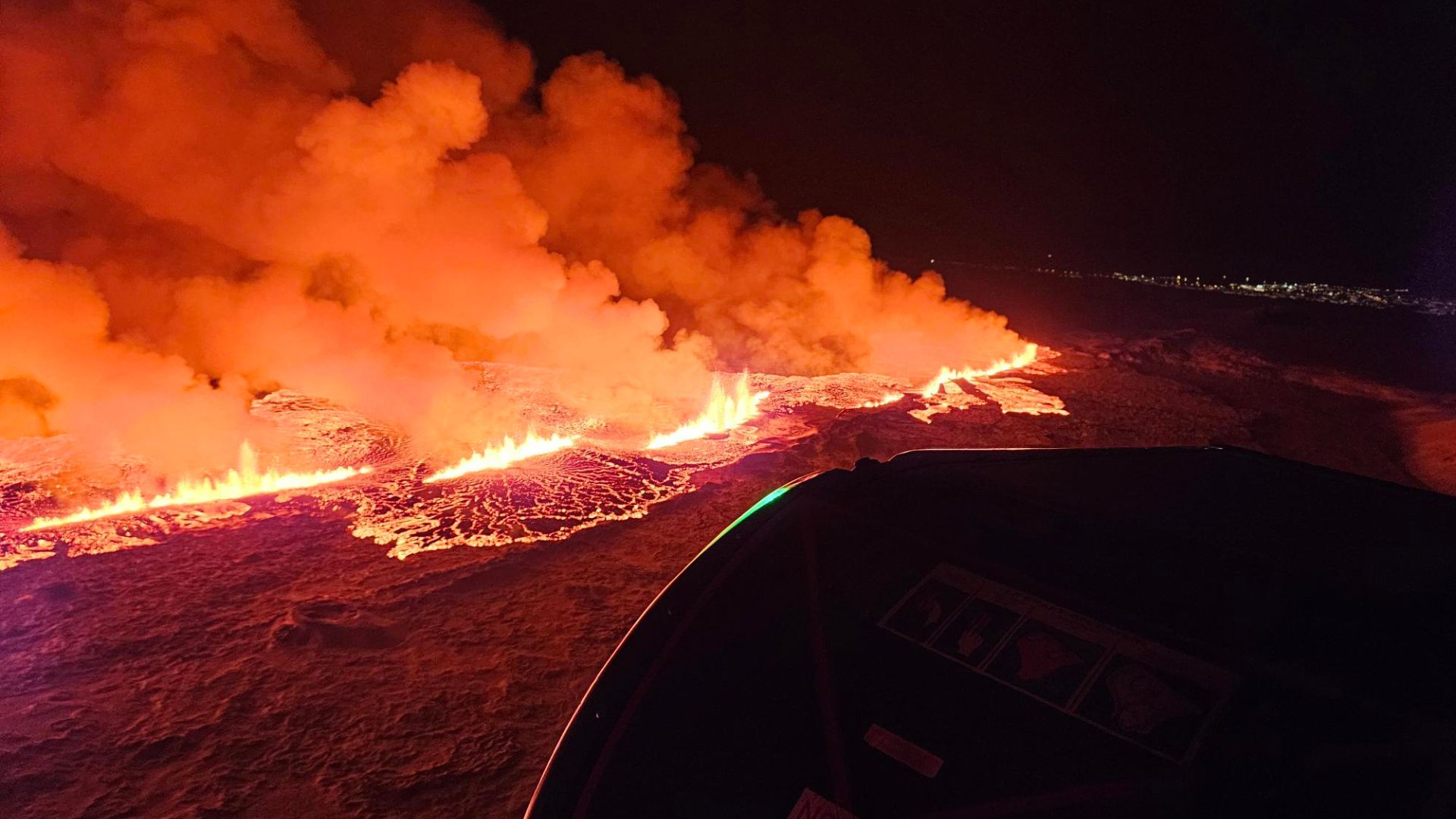
According to weather experts, this latest eruption followed multiple strong earthquakes that occurred in the region.
This eventually caused the volcano to erupt after 9 p.m., causing red lava to be spewed up through a fissure on the Reykjanes Peninsula.
An Hour After Eruption
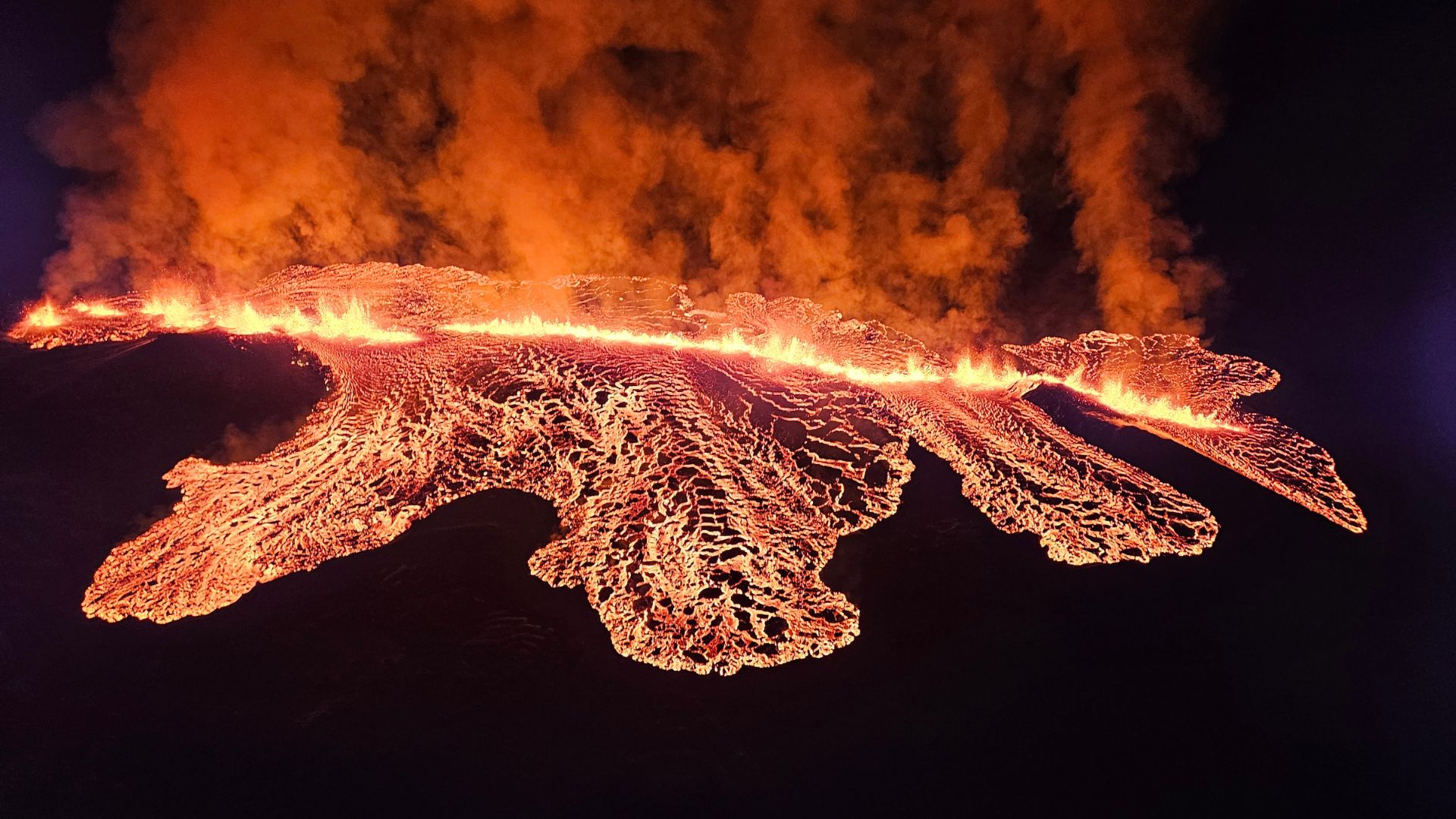
After these severe earthquakes led to a volcano eruption, officials have explained that a fissure was cut in the Sundhnúkur crater of the Svartsengi volcanic system.
Within just an hour, a 2.4 mile fissure was seen.
Grindavik Is Not in Danger
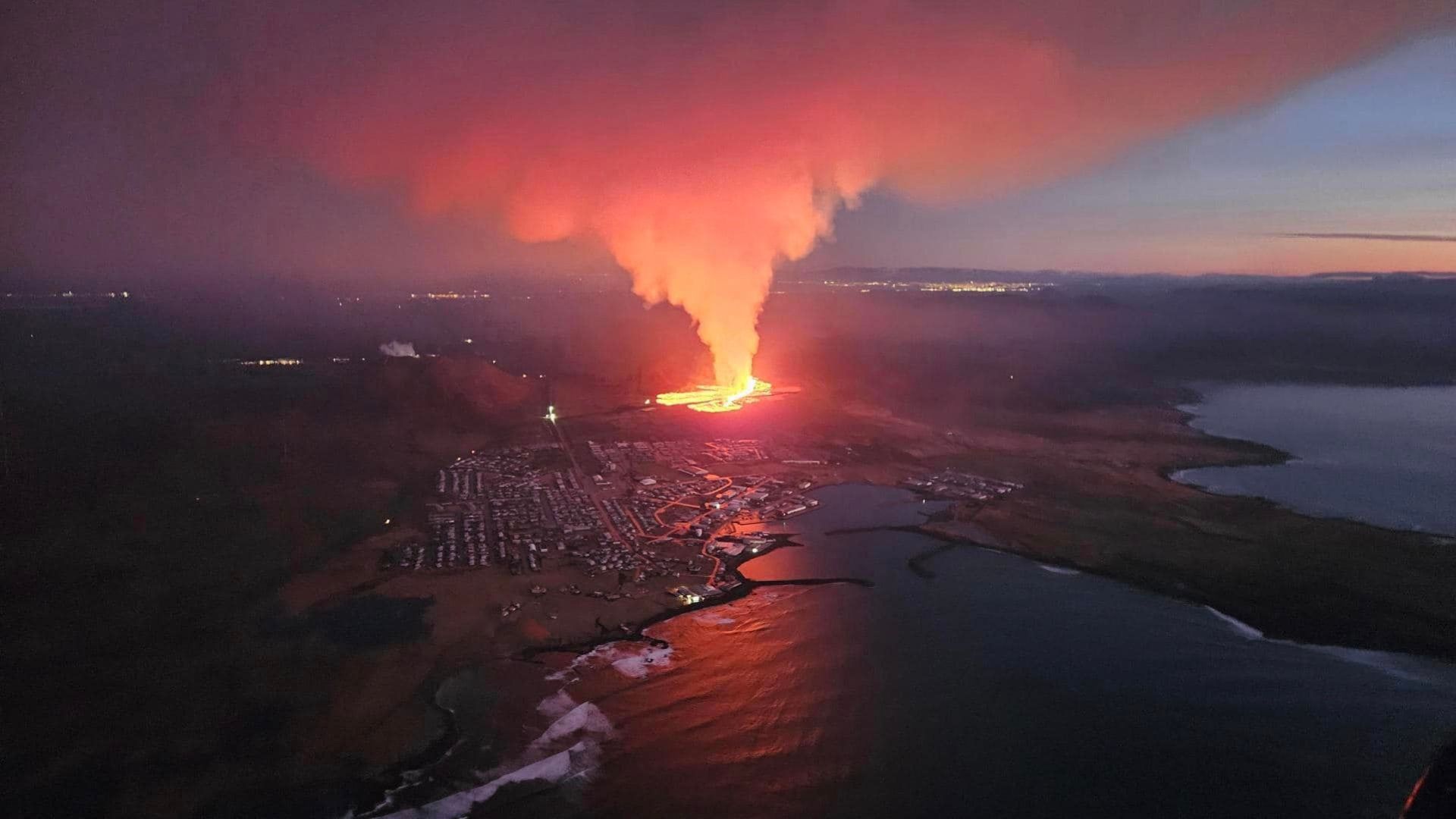
Since December, the nearby town of Grindavik has faced much struggle because of this volcano’s many eruptions.
After one eruption, lava ended up encompassing parts of the town, leaving homes and buildings ruined in its wake. However, officials have come out to clarify that it doesn’t appear Grindavik residents will be in danger this time around.
The Lava Flow Is Away From Grindavik
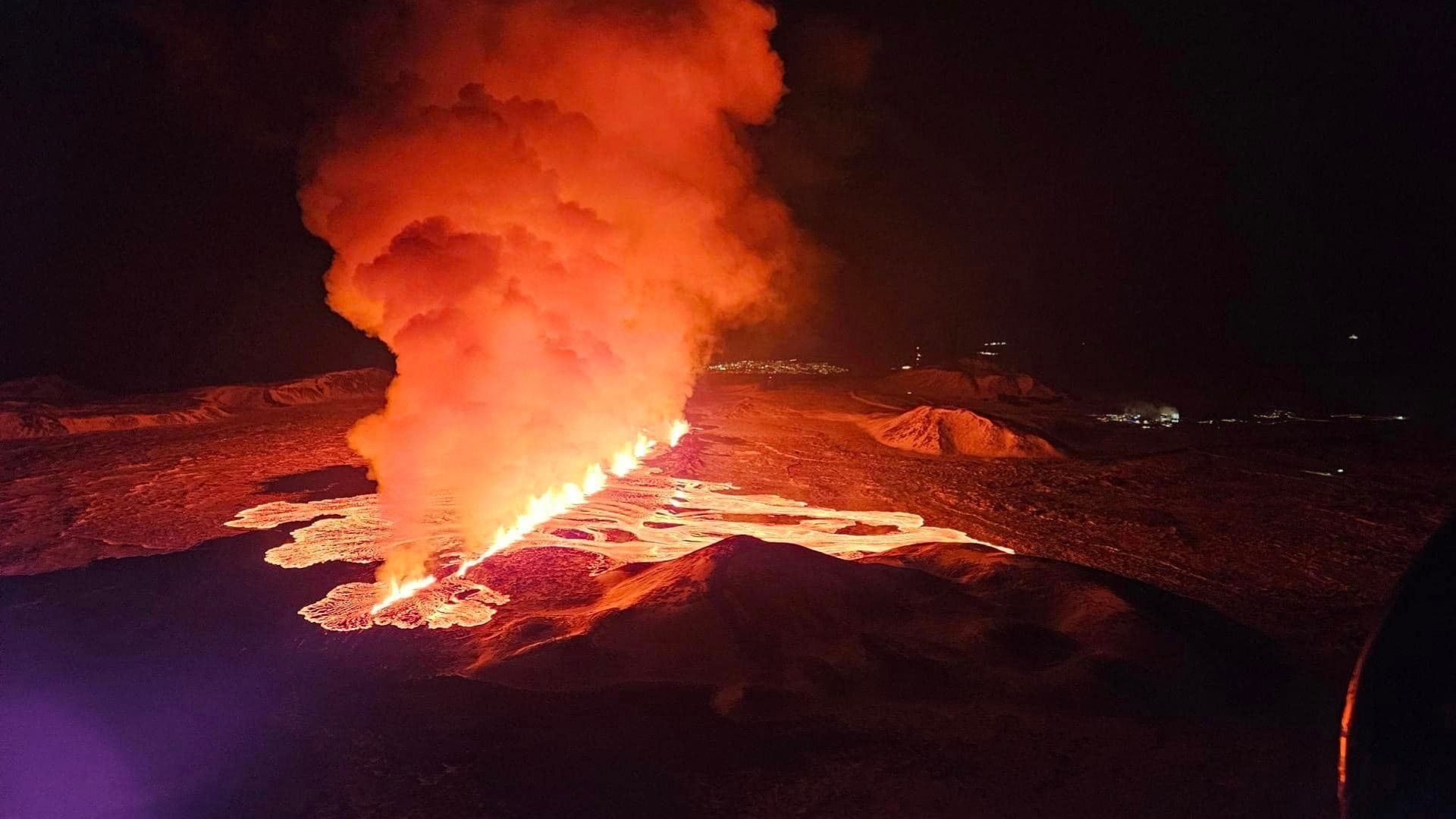
Grindavik may be safe from this volcano eruption because the lava flow is heading away from the town — something it hasn’t done before.
Grindavik remains largely evacuated, as many people were told to leave back in December when the dangerous volcano came back to life once again.
Good News for Iceland
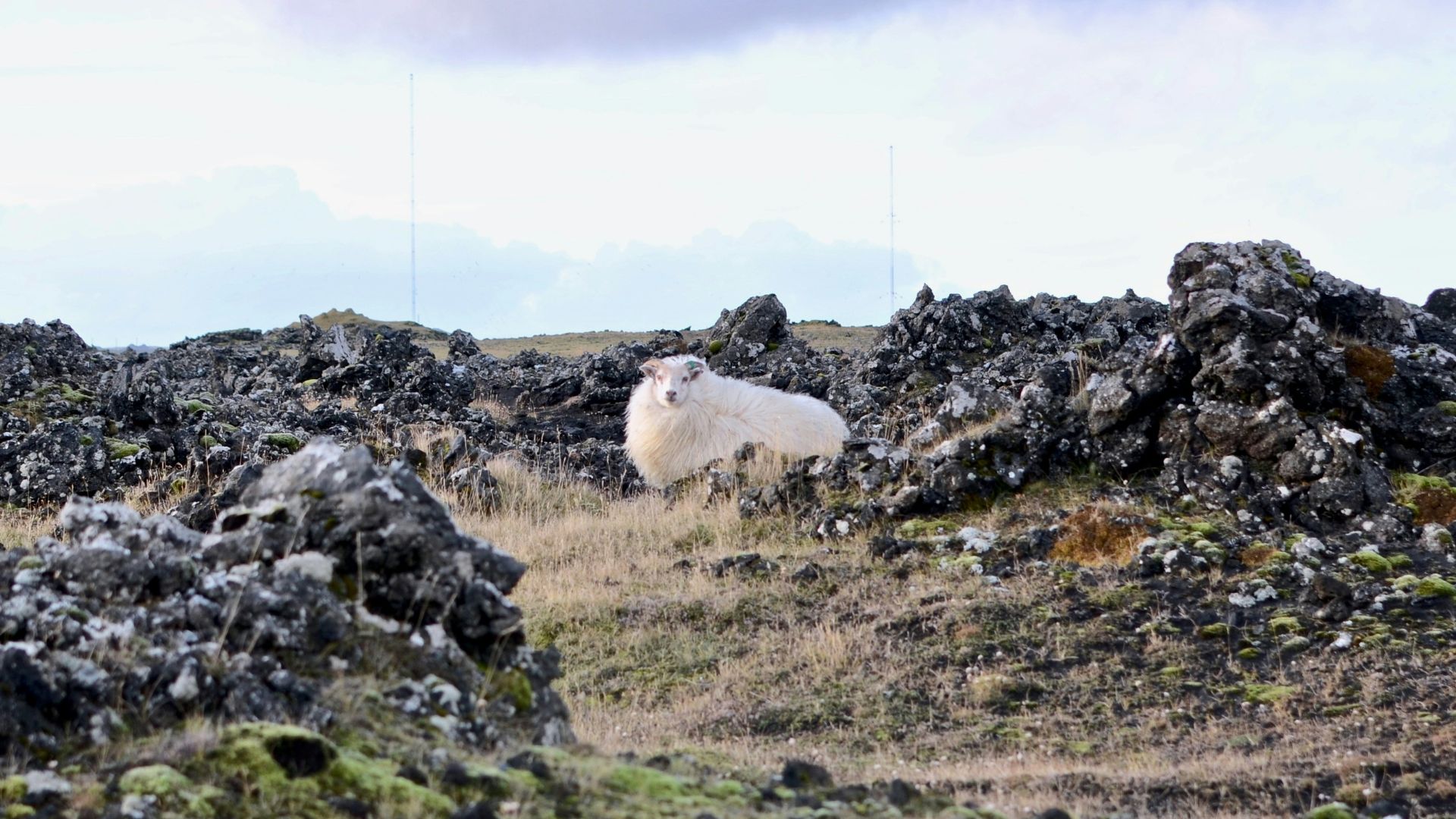
Geophysicist Magnús Tuma Guðmundsson has already flown over the volcano’s center to understand the eruption.
Guðmundsson explained, “If this continues like this, Grindavík is not in danger because of this. Of course, we don’t know what will happen in the near future, but it is likely that this has reached its peak and then it will start to subside like the other eruptions.”
Some Locals Evacuated

While much of the town has relocated to other parts of Iceland for their safety — or because they lost property and homes in the last few eruptions — some locals do remain in Grindavik.
However, these remaining locals did leave town yet again after this most recent eruption when winds blew toxic gas from the eruption over the town.
Authorities Remain Optimistic
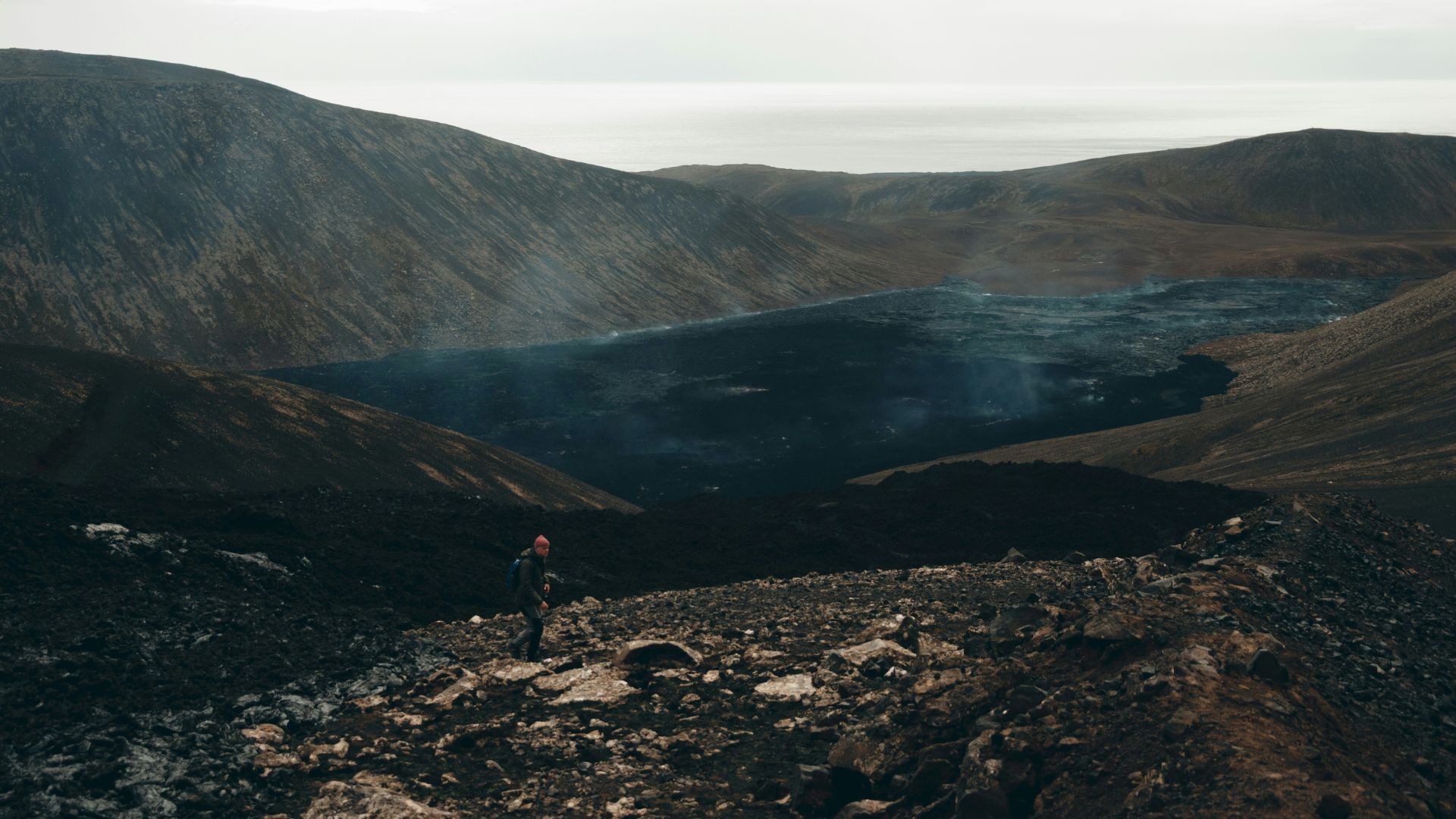
So far, Iceland authorities have remained optimistic about this volcano eruption, especially as it appears that it won’t end up threatening the local population as it did before.
However, officials have closed down some roads to keep the population safe.
Tourist Hot Spots Are Evacuated
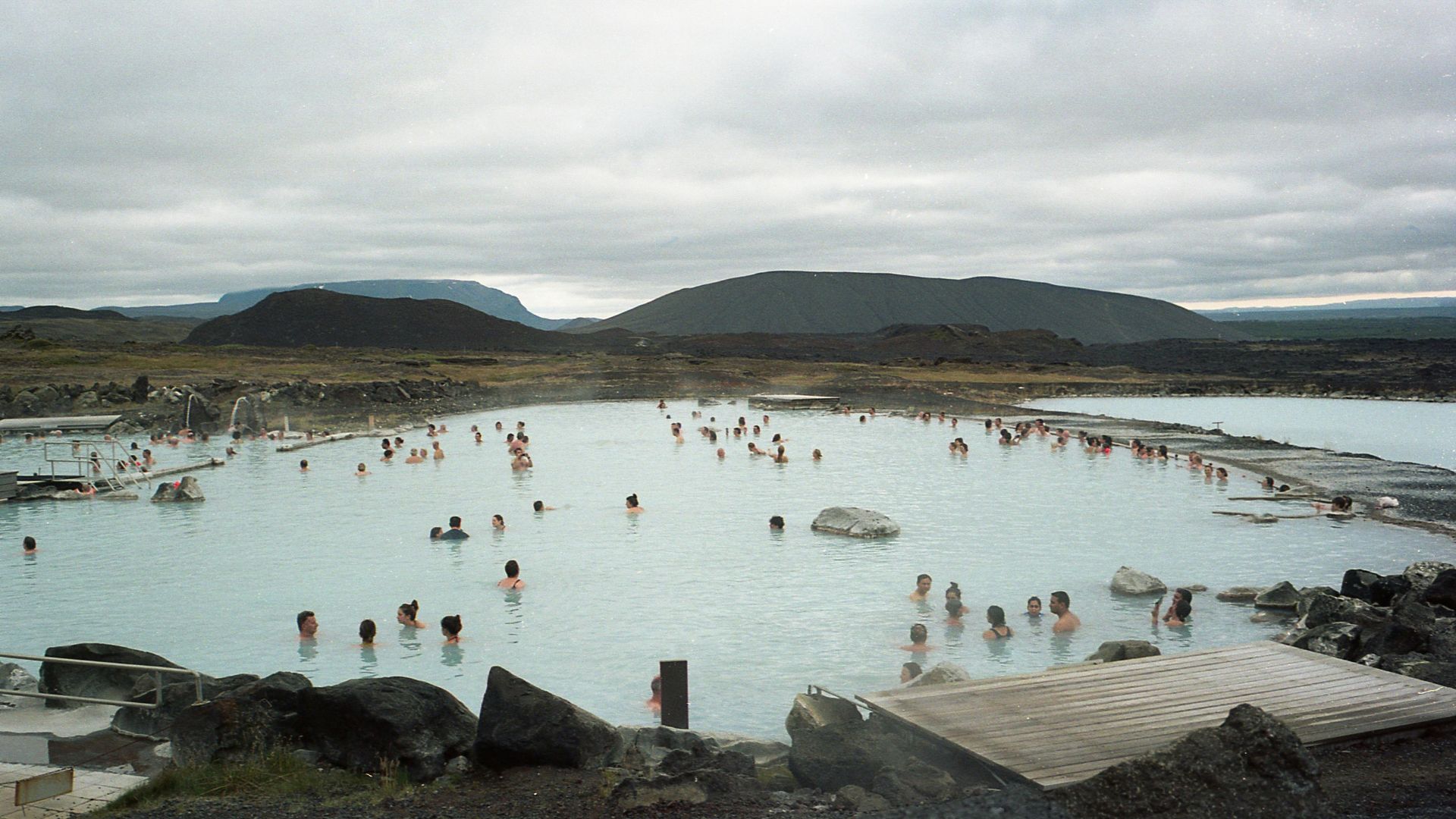
Meanwhile, Iceland authorities also evacuated the Blue Lagoon geothermal spa. The Blue Lagoon remains one of the biggest tourist hot spots in Iceland.
However, this spa is near the volcano. Officials have had to evacuate and close down this tourist destination repeatedly in the last few months because of Svartsengi.
Tourists Flock to See Eruption
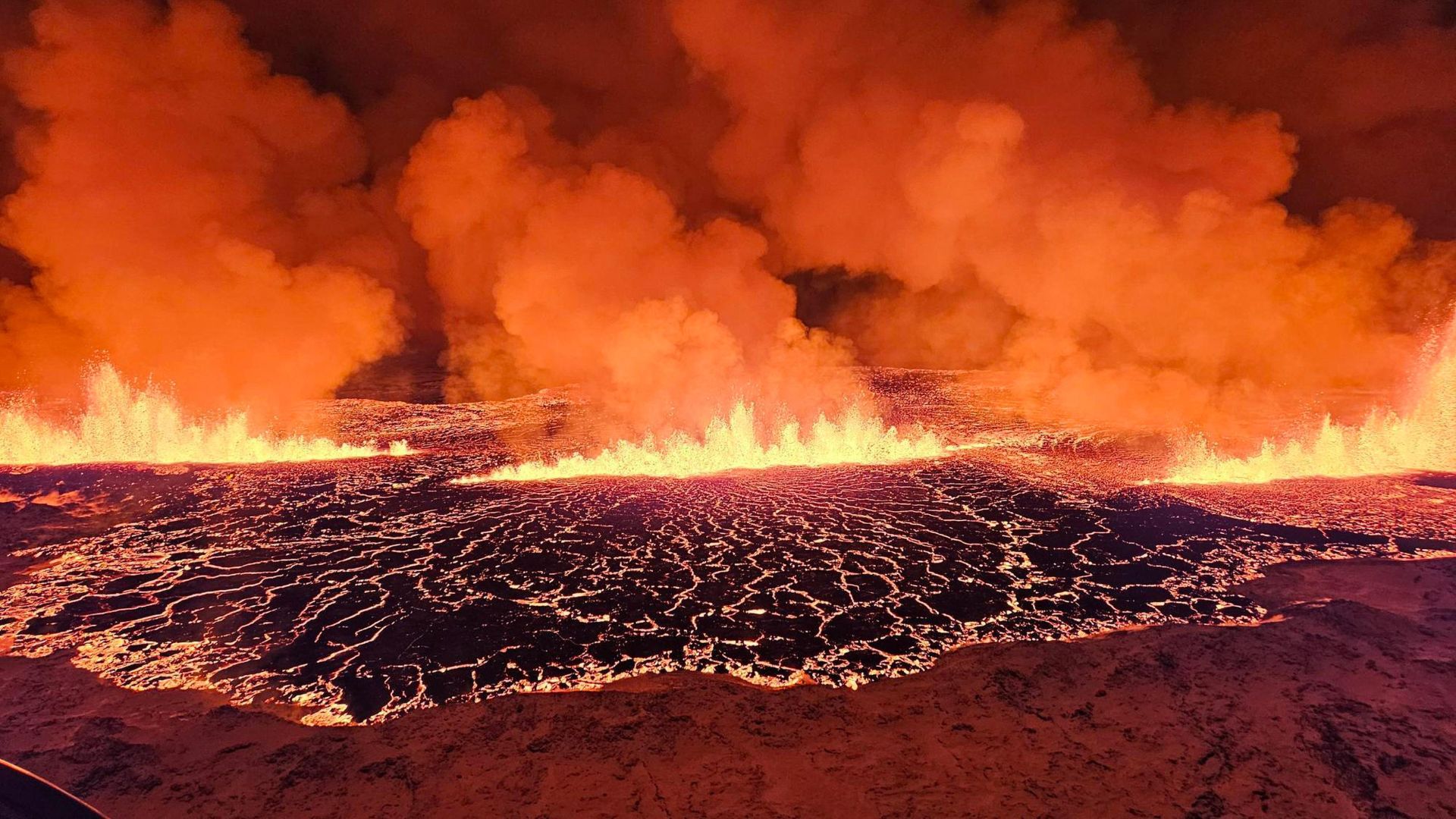
As this region of Iceland remains a beloved tourist destination, many visitors drove to vantage points to witness this volcano eruption with their own eyes.
“We just thought that it was the northern lights,” one American tourist said. “It’s like the coolest thing I’ve seen in my whole life, honestly.”
Volcanoes in Iceland
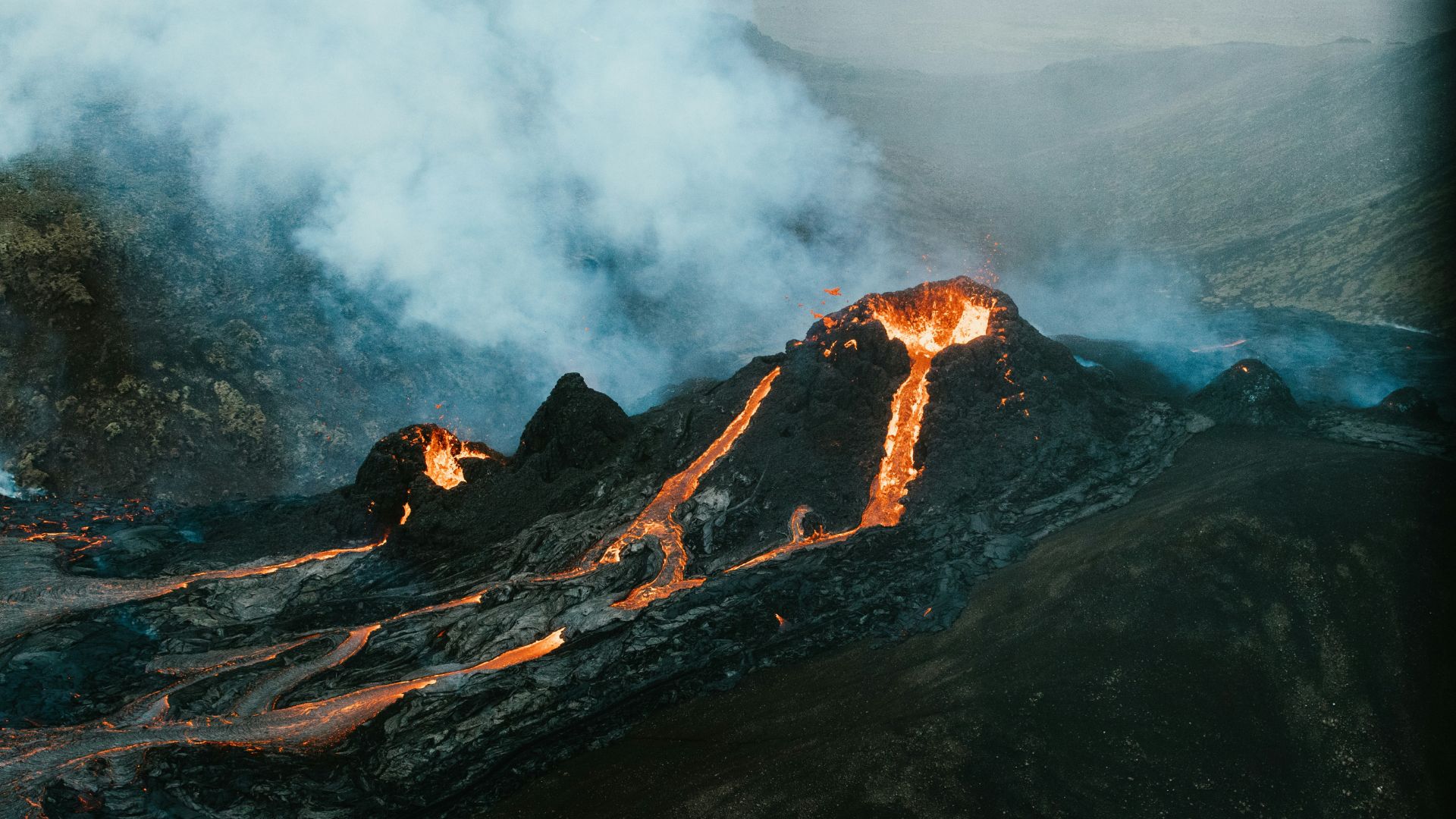
Because Iceland sits above a North Atlantic volcanic hot spot, the country experiences volcano eruptions once every four or five years.
However, Svartsengi has been relatively active since it came back to life. The most dangerous and disruptive Iceland volcano eruption last occurred in 2010 when the Eyjafjallajokull volcano erupted and disrupted air travel for many months, thanks to all of the clouds of ash in the sky.
